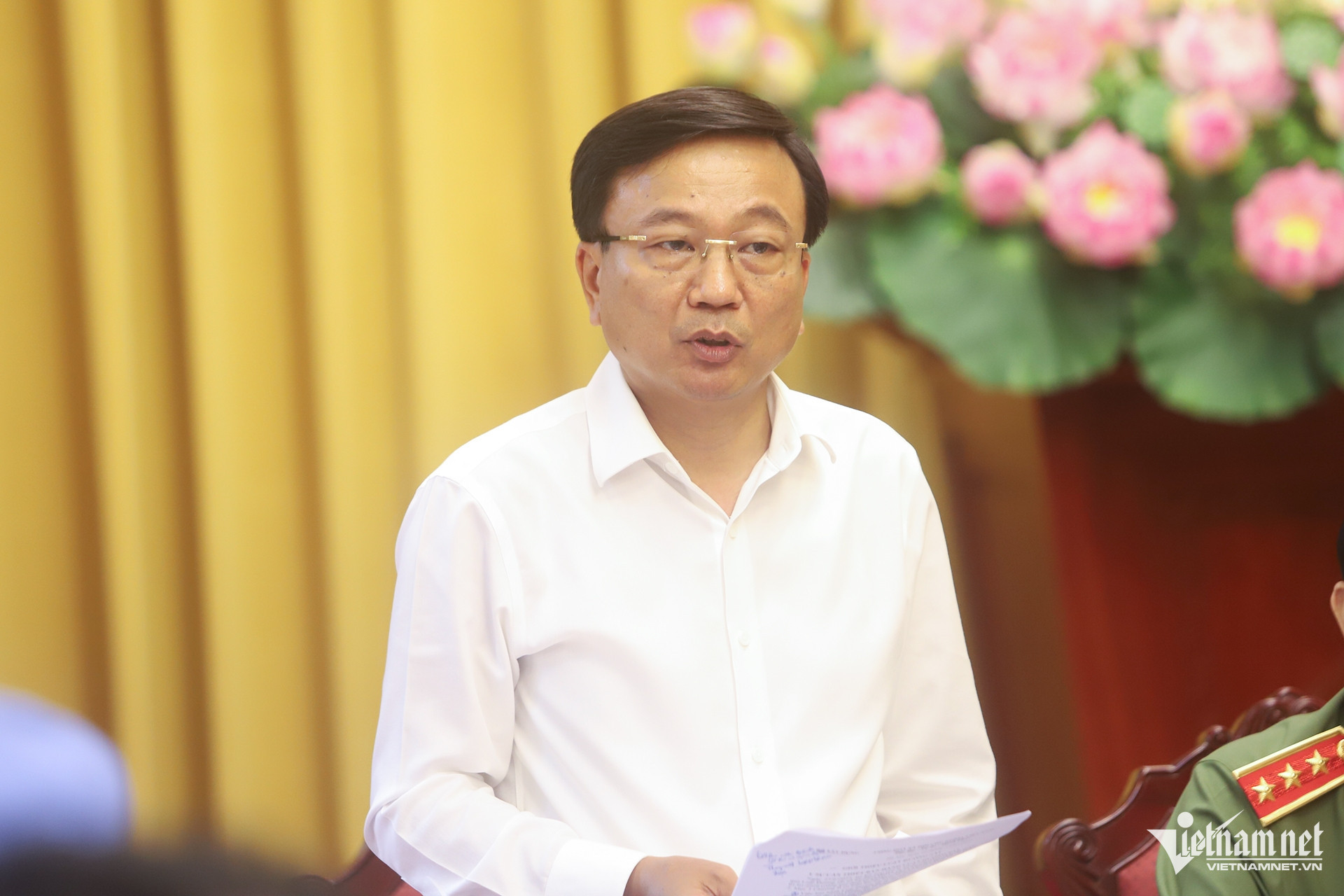The Ministry of Construction is working closely with the Ministry of Finance to guide private investors in refining their proposals and to develop stringent criteria to thoroughly assess the benefits of private sector involvement in railway projects.
This afternoon, the Office of the President held a press conference announcing new laws ratified by the National Assembly at its 9th session.
Speaking on the new Railway Law, Deputy Minister of Construction Nguyen Danh Huy noted that until now, railway projects in Vietnam have been funded solely by public investment. The new law introduces provisions that open the door to mobilize maximum resources, particularly from the private sector, for developing the national railway system.
However, the law also establishes regulatory frameworks to maintain government oversight while attracting private capital.
Huy explained that the updated law includes new regulations on investment cost management to resolve long-standing difficulties in estimating expenses for components, structures, and equipment not previously developed in Vietnam. Existing laws either lack or inadequately provide pricing frameworks for modern or electrified railways. These new regulations are designed to fill these legal gaps and meet practical demands.
Land compensation, resettlement, and support are among the most critical and time-consuming phases in railway projects, often delaying progress and increasing total project costs. To address this, the Railway Law 2025 includes provisions to accelerate these processes.
In addition to offering more flexible mechanisms to speed up railway project implementation, the law incorporates anti-corruption, anti-waste, and anti-mismanagement measures to ensure transparency and prevent losses of state assets.
Responding to media inquiries about private sector involvement in railway development, Deputy Minister Huy confirmed that several private investors have submitted proposals.
The Ministry of Construction is coordinating with the Ministry of Finance to evaluate the potential benefits of converting from public to private investment. This assessment considers the interests of citizens, the state, and businesses and must be approached with precision and care.
Together, the two ministries are establishing evaluation criteria and have already sent official documents to interested investors. Based on this, both ministries will assess and report to competent authorities. A State Advisory Council will be formed to thoroughly evaluate investor proposals.
So far, none of the submitted proposals exceed the current legal framework, Huy affirmed.
At the 9th session, the National Assembly approved allowing high-speed railway projects along the North-South axis to be implemented not only through public investment but also under the Law on Public-Private Partnership (PPP) and the Investment Law. Huy stated that the Ministry is currently studying these provisions and has encountered no major obstacles.
Tran Thuong
